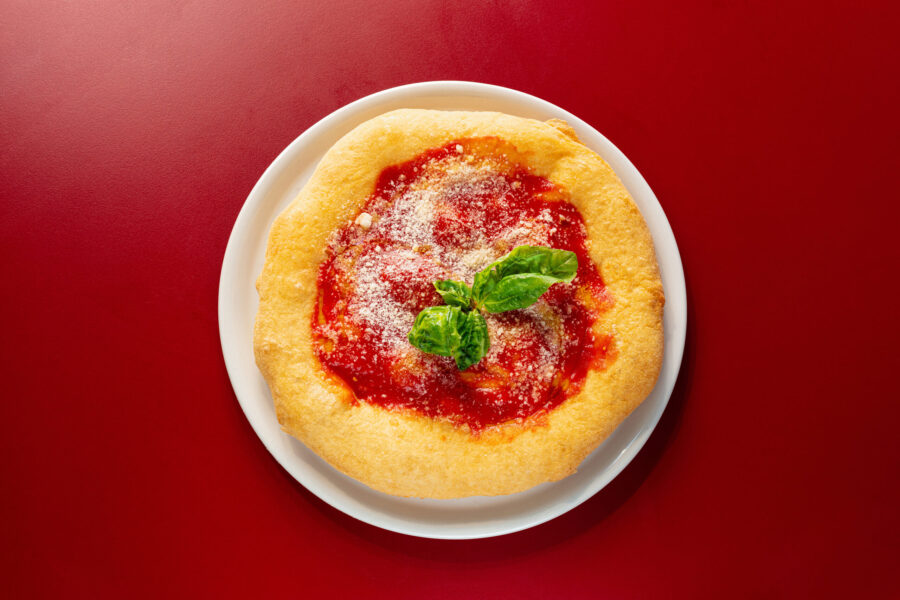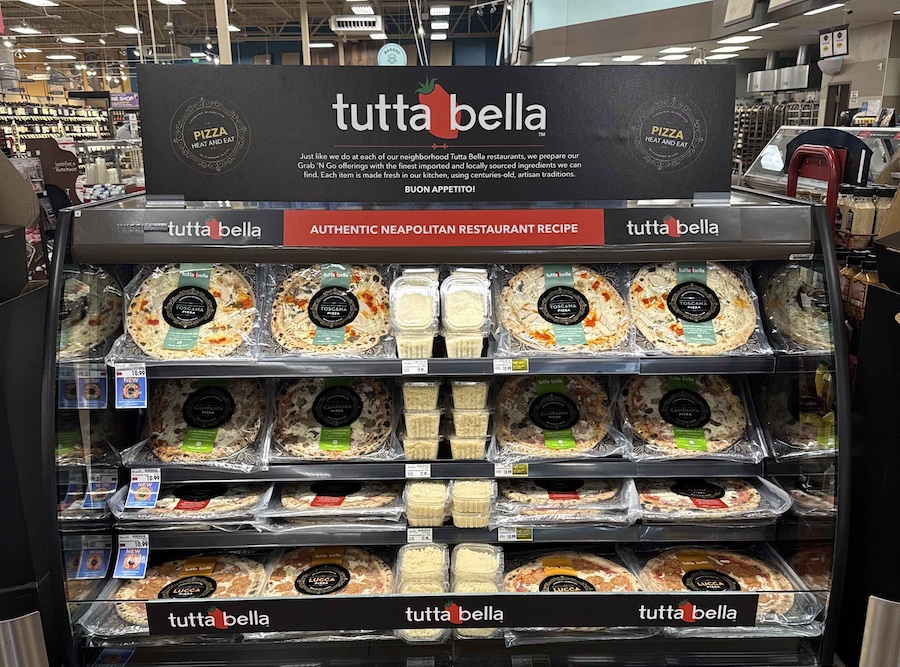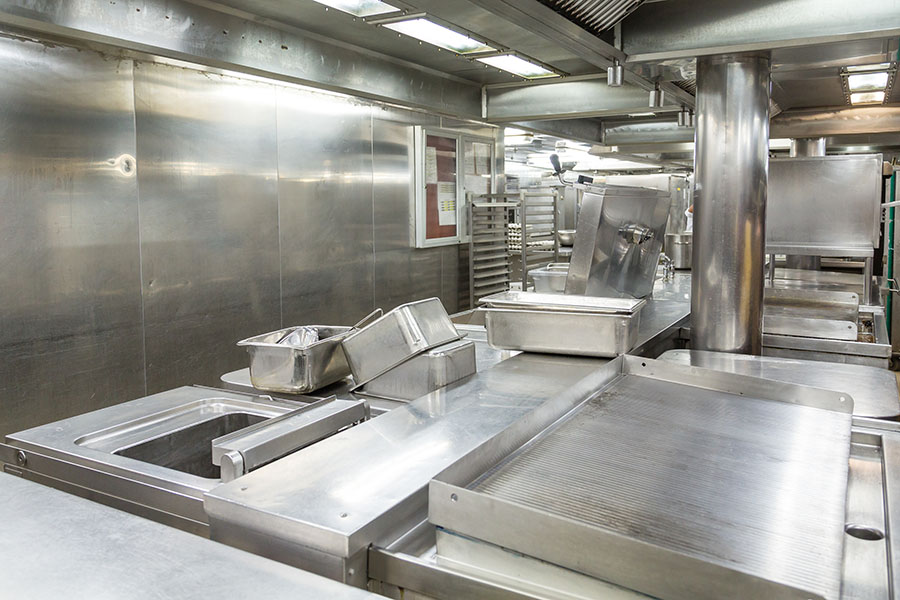
I must have a terrible poker face, because it took about three seconds for the guy behind the counter to ask why I looked so confused. There I was, standing in the entrance of a pizzeria whose signage boasted “Brick Oven Pizza,” yet a wall of shiny stainless steel deck ovens stared right back at me. I politely asked, “Do you make all of your pizzas with those ovens?” It was my way of finding out if there was a secret wood-burner hiding in a back room, but the answer to my question negated my suspicion. I truly believe it’s possible to make a great pie with an Easy Bake Oven if you’ve got the chops, but what peeved me so deeply about this situation had more to do with psychology than great pizza. Thanks to the allure of “traditional” equipment and techniques, many pizzeria owners are convinced that marketing is more important than follow-through, a plan that does a great job of getting me through the door but often fails to deliver on its promise.
Lots of pizzerias toss around phrases like “traditional,” “authentic,” “old world” and “DOC” to create an illusion for the customer. Traits that were once regarded as messy and inconsistent are now desirable –– even Domino’s has its own “artisan” line with carefully blemished crusts and unconventional toppings. It’s obvious how powerful these images are to an increasingly food-literate population, but one cannot allow their product to be defined by image alone.
You’ve probably noticed the increase of San Marzano tomatoes on the tongues of chefs and pizza makers across the country, but that’s not necessarily what’s in their saucepans. I recently discovered that several of my favorite Neapolitan pizzerias are using a completely different type of tomato. Why? Because they believe it tastes better. With all the corruption and intrigue in today’s food labeling world, I’m much more comfortable trusting a chef’s taste buds than I am the name on the side of a can.
If there’s one thing our allegiance to convention has robbed us of, it is the confidence to strive for innovation. A new pizzeria recently opened in the back room of a bar in Brooklyn. They advertise some “old world” techniques, such as a 100-percent natural fermentation process, Italian tomatoes and mozzarella di bufala, but instead of using an imported wood-burning oven they opted for a modified tabletop pottery kiln. It’s composed of a base and a “dome” with exactly enough room for one pizza at a time. After a topped skin is loaded onto the hot brick hearth, the “dome” lowers into place and blasts the pie with enough heat to finish the bake in about 60 seconds. It’s absolutely incredible, but far from traditional.
When I take my friends to a pizzeria, it isn’t because of the recipes’ authenticity or the presence of a brick oven. You can make any claims you want on the sign above your front door, but all I really care about is the quality of your food. Why hide under tricky marketing when you can stand behind the best pizza in town?
Scott Wiener owns and operates Scott’s Pizza Tours in New York City.





